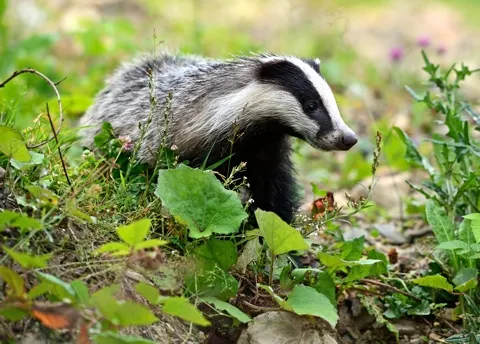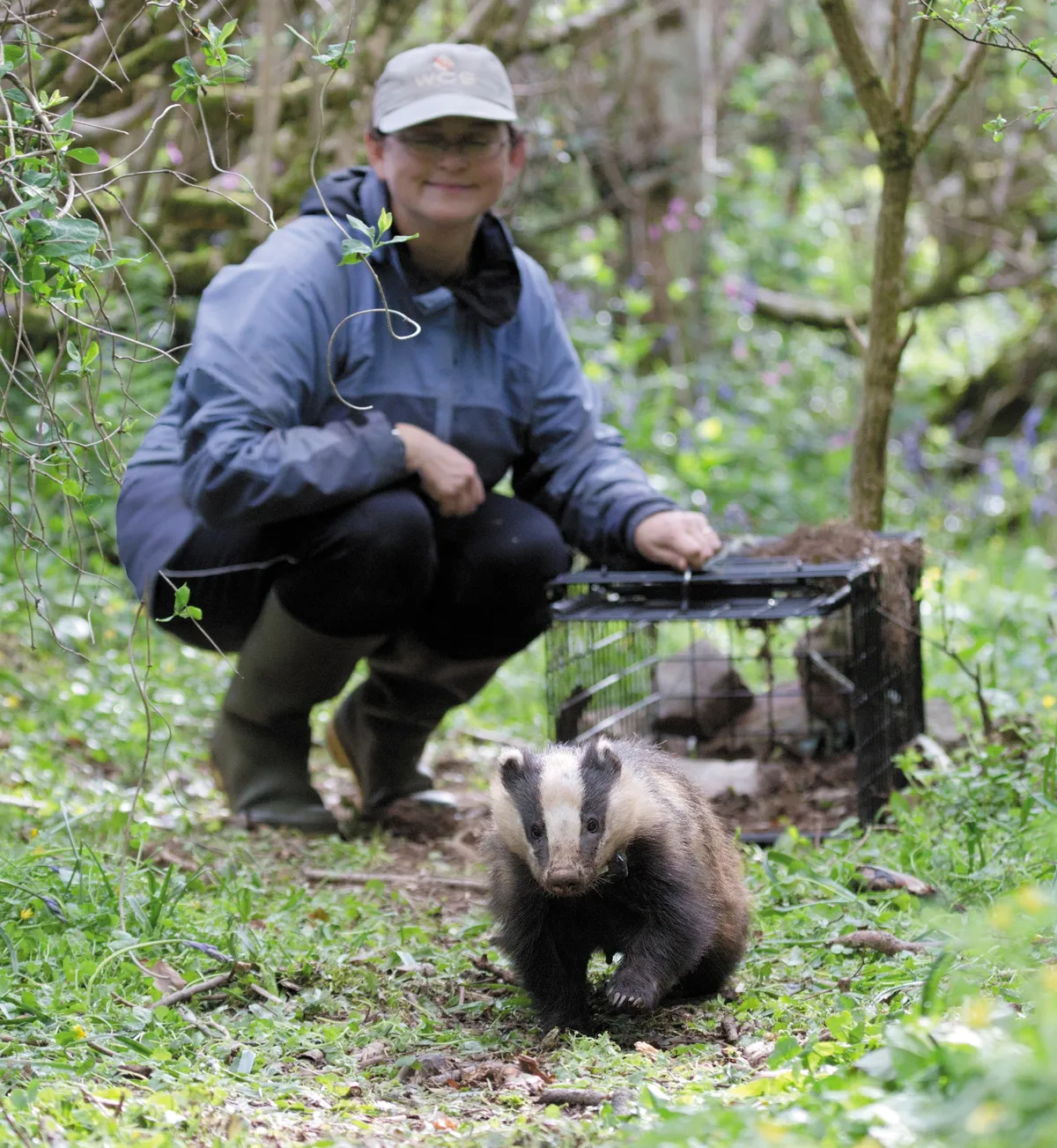The paper, published in Journal of Applied Ecology, reveals badgers surviving culls roamed further, covering 61 per cent more land each month, and thereby increasing the risk of cattle being exposed to bovine TB.
The study followed 67 badgers across 20 cattle farms in locations with and without farmer-led culling in Cornwall, collecting GPS-collar data between 2013 and 2017.
Researchers found that culling prompted the badgers to roam further, as survivors seek to fill new territories when individuals are removed from neighbouring groups.
The paper found that badgers visited 45 per cent more fields each month, with the odds of a badger visiting neighbouring territories each night increasing 20-fold, and potentially increasing the risk of TB transmission to both badgers and cattle.

Changes in the badgers’ behaviour were observed as soon as culling began, which means badgers that were killed may have already spread the infection further, during the time culling was being carried out.
However, the study also found that badgers in culled areas spent less time outside their setts. Due to reduced competition and increased food availability, badgers in culled areas spent on average 91 minutes less time above ground.
But even this behaviour could make culling practices less effective. “Because culling partly relies on shooting badgers moving around at night, the fact that badgers were active for fewer hours per night could actually be undermining culling efforts to further control badger numbers,” said lead author and ZSL-Imperial PhD researcher Cally Ham.

The findings published in the paper could help garner further support for an alternative method of controlling TB in both cattle and badgers.
Vaccinating badgers against TB provides a non-lethal alternative to current management methods, and could prove to be more effective than the culling policy, as Professor Rosie Woodroffe from ZSL’s Institute of Zoology explains: “As badger-to-cattle transmission is likely to occur through contamination of their shared environment, and TB bacteria can remain viable for long periods of time in the environment, the effects of increases in ranging behaviour could create a source of infection for several months — long after the individual badger has been culled. In contrast, studies have shown that vaccination prompts no change in the badgers’ ranging behaviour.”
